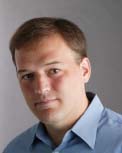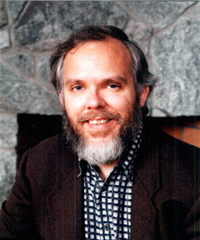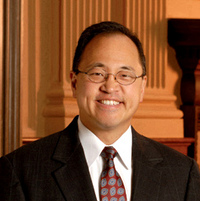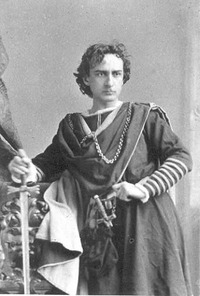 This is what the Internet is best at:
This is what the Internet is best at:
My blog is an integral part of my life, and I’m neither ashamed of it, nor do I think my online friendships are lesser than physical friendships. And they become physical friendships, a lot of times. I travel all over the place, and whenever there’s anybody in the area I try to meet up with them. I owe almost everything going on in my life right now to blogging and the Internet, and that’s fine with me. The Internet does nothing so well as social networking. The other day, I realized I was living with someone I had met on LiveJournal, spreading jam I had gotten from a friend I met on LiveJournal, and having breakfast at a table I had bought on Craigslist — everything I was doing that day had to do with this glittering network of people I had found through the Internet. The blog doesn’t really interfere with my writing because it comes from a completely different side of the brain. I do feel guilty when I get too busy and haven’t posted, but I would never stop doing it. It’s an integral part of the way I market my books and interact with my audience.Valente writes fiction, yet many companies can attest to the same kind of intertwining of the Internet with everything else they do.— Catherynne M. Valente: Playing in the Garden, Locus, May 2008
And there was not a word in there about wanting the Internet turned into cable TV.
-jsq







